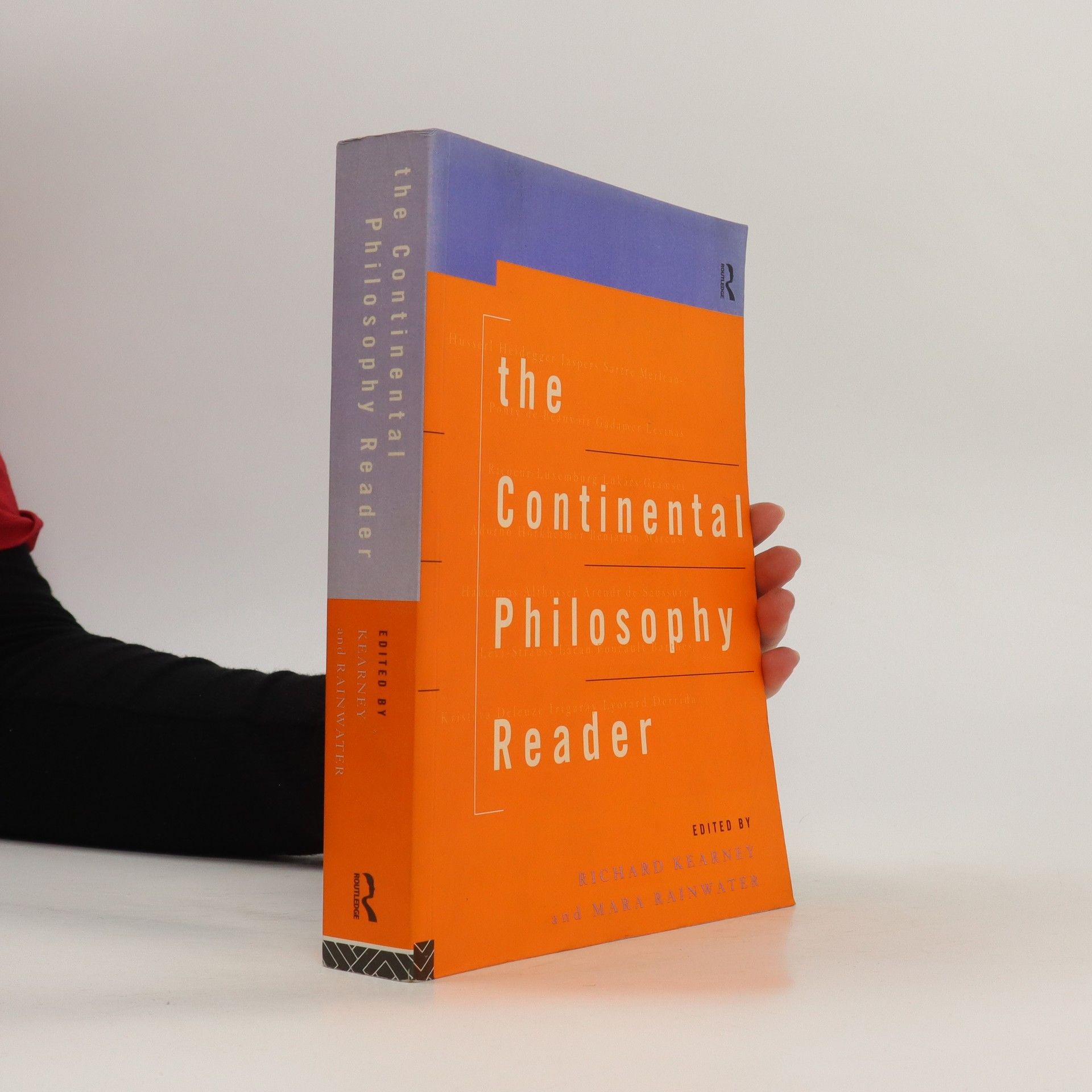First Published in 1995. Routledge is an imprint of Taylor & Francis, an informa company.
Leonard Lawlor Book order (chronological)
This author delves into nineteenth- and twentieth-century Continental philosophy, exploring the intricate relationship between thought and chance. Their work critically examines distinctions within philosophical discourse, notably the differences between the thinking of Ricoeur and Derrida. Furthermore, the author is instrumental in furthering the study of Merleau-Ponty's concept of the flesh through editorial contributions and as a founding editor of a trilingual international journal dedicated to his thought.


Thinking through French Philosophy
- 212 pages
- 8 hours of reading
A powerful and original engagement with France's most influential philosophers. schovat popis